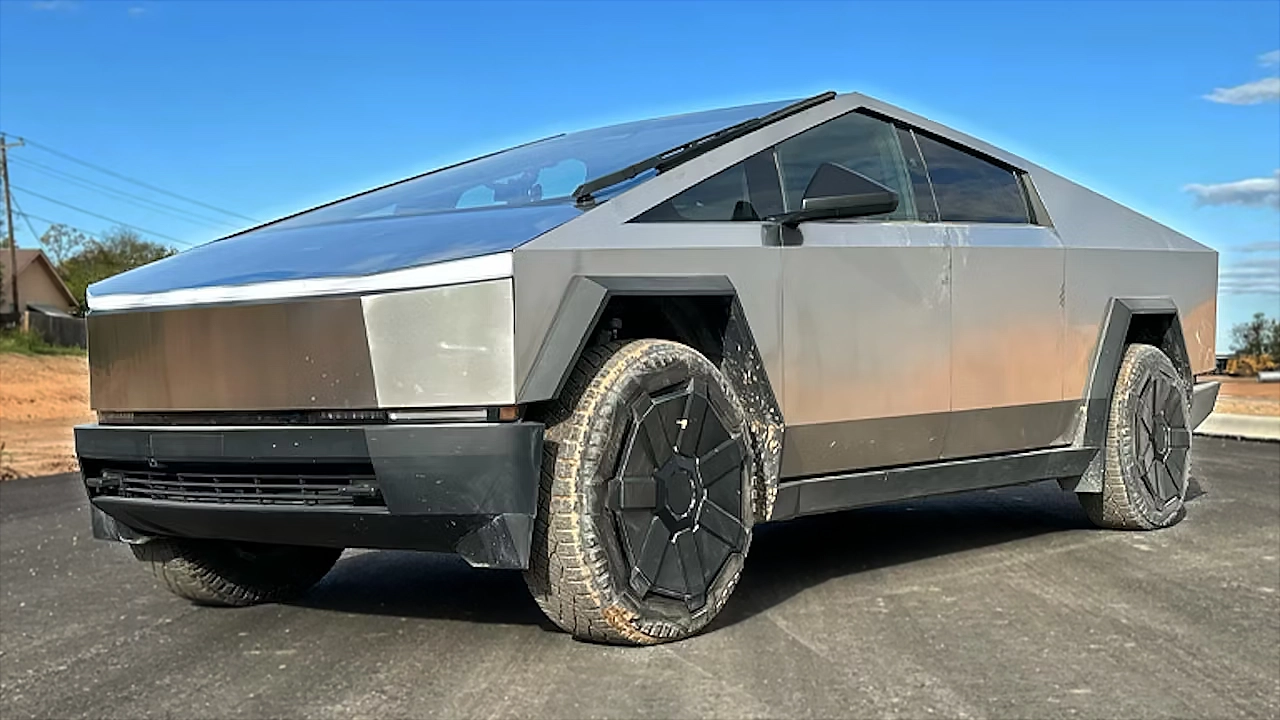Home »
Salt Lake City Resident Struggles with Oversized Cybertruck, Tesla Enforces No-Sale Clause
In a surprising turn of events, a Tesla Cybertruck owner in Salt Lake City has found himself at odds with the electric vehicle giant over an attempted sale of his vehicle due to parking difficulties. Blaine Raddon, who reserved the futuristic Cybertruck after its highly publicized launch, discovered that his new living situation made it nearly impossible to accommodate the massive vehicle.
Raddon, who recently separated from his wife, moved from a house with a spacious garage to an apartment complex with notoriously tight parking slots. Upon realizing his 18-foot-long, 8-foot-wide Cybertruck would not fit comfortably into his new parking spot, Raddon contacted the dealer who delivered his truck to discuss a possible return.
Tesla responded with a surprising threat of a $50,000 fine.
However, Tesla’s response was less than accommodating. The manager informed Raddon that his circumstances did not qualify as unforeseen under Tesla’s Vehicle Order Agreement. This agreement includes a clause stating that if a Cybertruck owner sells the vehicle within the first year, they can be fined $50,000 and banned from purchasing future Tesla vehicles.
In a note to Tesla, Raddon expressed his frustration: “Making me keep a truck that does not fit my circumstances appears to be unfair and not at all the spirit of the no-sale language in the contract.” Despite his dissatisfaction, Raddon, a self-described rule-follower, does not plan to challenge Tesla’s decision legally.
Raddon’s apartment complex has agreed to allow him to keep the vehicle, although they will not be held liable if the protruding truck is damaged by another vehicle. Tesla has yet to respond to Raddon’s appeal for leniency.
Challenges that come with owning a vehicle as unique and unconventional
This situation highlights the challenges that come with owning a vehicle as unique and unconventional as the Tesla Cybertruck. Its massive size and distinctive design, while appealing to many, can pose practical difficulties for everyday use. As more buyers navigate these challenges, the enforcement of stringent no-sale clauses by automakers like Tesla is likely to come under increased scrutiny.
The case has sparked a broader conversation about consumer rights and the responsibilities of automakers to accommodate changing customer circumstances. It remains to be seen how Tesla will address these growing concerns, but for now, Raddon and others like him are left to grapple with the reality of owning a groundbreaking yet cumbersome vehicle.
